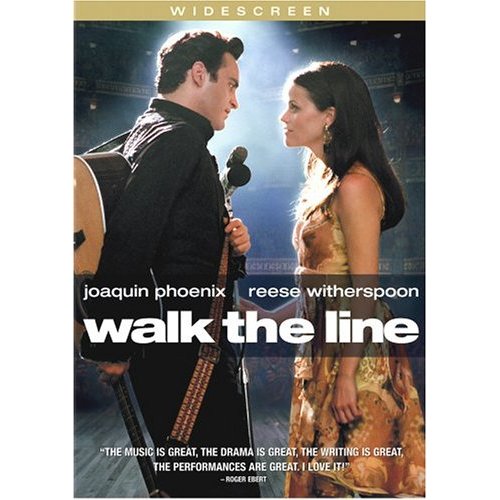One of the areas that Illinois is seriously lagging behind on in eFiling of documents and electronic access to court files. I am constantly frustrated when I look at the baby steps that are being taken in Illinois as compared to what has already been completed in other states.
For example, New York has efiling and electronic access to court records. To check out New York’s system, follow the simple instructions provided by Above the Law.
Our backwardness has now reached national attention. In a Law.com article published on February 26, Lynne Marek notes that Illinois courts (along with several others) are lagging behind when it comes to electronic access.
Cook County is one of many U.S. counties, including San Diego in California and Kings in New York, that hasn’t kept pace with 21st century technological advances that have enabled electronic systems to come to some state courts, such as Maricopa County Superior Court in Arizona and the district courts of Harris County in Texas.
Those highly wired courts — along with the nearly 10-year-old federal electronic system called Pacer — have set a higher standard for electronic access and are drawing other state courts, such as those in Illinois, Florida and California, toward technological benefits.
The article accurately notes the reasons that attorneys are looking for electronic access:
 For lawyers, the key is electronic access to files over the Internet and the ability to file electronically, allowing them to spend less time and money traveling to the courthouse. It also increases predictability in filing a document in court, attorneys said.
Finally, the electronic dockets help ensure that judges aren’t searching for documents missing from case files during hearings, they added.
In short, eFiling and electronic access is all about using technology to practice law more effectively. Unfortunately, there appears to be an institutional bias against this here in Illinois:
Cook and other counties in Illinois are barred by the state’s Supreme Court from making documents available on the Internet mainly because of privacy concerns. Across the country, such concerns relate to everything from identity theft to children viewing parents’ divorce filings. For many states though, including Illinois, Florida and Texas, guidance from officials is still in flux.
eFiling and electronic access would also help eliminate some of the problems that currently exists with respect to the proper filing of documents in court files. As noted in the article:
When Chicago litigator Victor Henderson sends an assistant to the Cook County Courthouse in Chicago to retrieve a filing, he hopes for a bit of luck.
“We send them over and cross our fingers and hope it will come back,” said Henderson, an attorney in Holland & Knight’s Chicago office. “The confidence level is only 80 or 90 percent that, if you ask for something, it’s going to be there. With a lawsuit, it has to be 100 percent.”
Yesterday, I saw first hand an example of this. I witnessed a contested hearing in front a judge in law division, in a case that had recently been transfered from chancery. In the chancery division, the judge had decided part of the case and that portion was on appeal. The judge questioned the attorneys about where in the appellate process that appeal was. The attorneys explained that the record on appeal still had not yet been filed because the clerk’s office could not find all of the documents in the file. Instead, the clerk’s office was putting together the record on appeal using documents from the court file as well as documents from the attorneys’ files.
I am not saying that eFiling will solve all problems. However, it will certainly make the practice of law more efficient. This efficiency should benefit all parties in the legal system, the parties, the attorneys, the judges, and the clerks.


